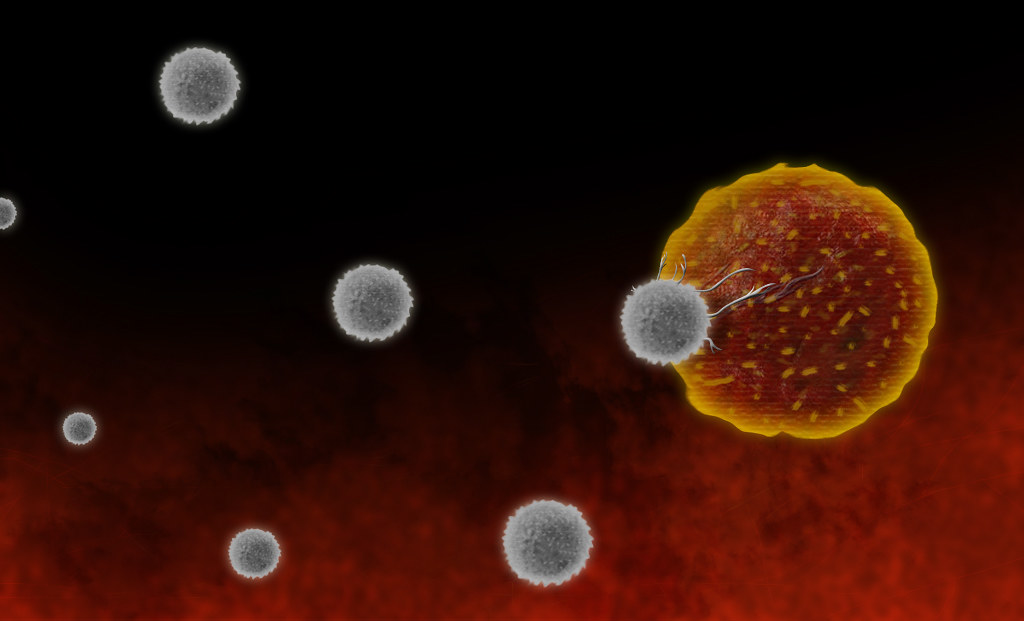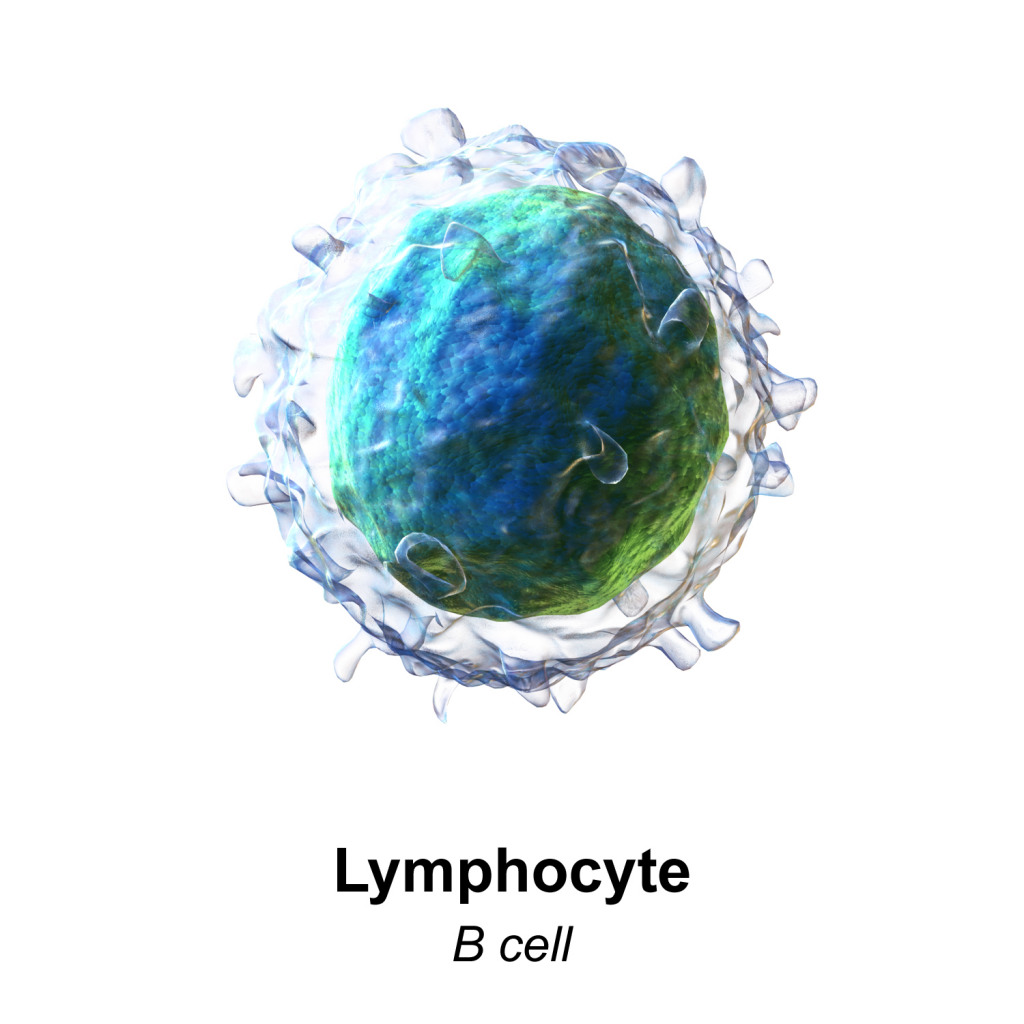Your Immune System: The Warrior Inside You
The key to good health is an effective immune system, capable of protecting us from minor ailments or more severe conditions. Let’s find out more about it and how we can boost it when we’re weak!
Definition
The
immune system is the body’s defences that protect us from the
pathogenic
organisms that threaten us: viruses, bacteria, fungi or
parasites.
It is also responsible for destroying cells that
become abnormal, such as cancer cells.
The immune system
includes both the organs involved in immunity, called lymphoid
organs, the defence cells – the white blood cells – and the
molecules produced as part of immune reactions (antibodies, for
example).
Presentation of immune cells
There
is a wide variety of immune cells with complementary roles. Some are
part of the innate immune response, which is our body’s first line of
defence, while others are part of the acquired immune response. The
latter is slower to set up but very efficient; it allows us to
remember pathogenic organisms already encountered for an optimal
reaction during a future encounter.
The cells of the innate immune response are:
–
neutrophil granulocytes;
–
eosinophilic granulocytes;
–
monocytes/macrophages;
–
basophilic granulocytes;
–
mast cells.
Most of
these cells practice phagocytosis: they ingest intruders to
neutralize them.
The cells of the acquired immune response are:

– T-cells or T lymphocytes. They are divided into two groups: cytotoxic T cells, capable of eliminating infected or cancerous cells, and helper T cells, which provide support to the former;

–
B lymphocytes,
which produce antibodies capable of attaching themselves to molecules
carried by foreign elements (antigens) to allow their phagocytosis;
–
NK lymphocytes, which are capable of lysing, i.e. destroying modified
cells. They are nicknamed “natural killer cells”.
Lymphoid organs
A
distinction is made between primary lymphoid organs, which produce or
mature white blood cells, and secondary lymphoid organs, where
lymphocytes are brought into contact with pathogenic organisms and
become active:
–
the prime lymphoid organs are the bone marrow, where the white blood
cells are formed, and the thymus, where the T-lymphocytes mature;
– the other lymphoid organs are the lymph nodes, scattered throughout the body, the spleen, but also the tonsils and the appendix.
How the immune system is weakened
The effectiveness of the immune system can be altered by various factors, such as a poor lifestyle (unbalanced diet, lack of sleep or physical activity), stress, excessive alcohol consumption, smoking, etc. This weakening of our immune defences promotes infections: episodes of colds, gastroenteritis, etc. can then follow one another. Constant fatigue is felt. But, your body automatically triggers a response that tells your immune system it is time to act to strengthen your defences!
Boost your defences
In
the case of immune system deficiency, it is vital to intake vitamins
and minerals, through a rich and varied diet, possibly supplemented
by taking food supplements:
– Vitamin D: This vitamin comes primarily from production in the skin during exposure to sunlight. Thus, deficiencies are common in winter. This vitamin is essential for the activation of T lymphocytes: it is, therefore, advisable to take a food supplement during the winter season. Other vitamins play a crucial role in immunity: vitamin A, vitamin E and vitamin C.
– On the mineral side, zinc and selenium strengthen the immune system.
– Probiotics, the bacteria that enrich our intestinal flora, also contribute to our immunity. They are present in yogurts, but also in vegetable products such as sauerkraut, kefir, soy products (tempeh, miso, natto…).
– Finally, plants such as chorella (green algae), echinacea or ginseng can stimulate our immune defences.
So, don’t wait for the new winter season. Start taking your vitamins and minerals and stay safe from viruses!
Want to see more content from Health talks? You can also read Immunology: The Key to Good Health.



